After a challenging start to the year compounded by a recent heightened state of alert on the back of ongoing central bank policy interventions globally, with most continuing to hike interest rates notwithstanding the consequences, which then precipitated a near banks’ crisis in the US and the failure of global banking titan Credit Suisse necessitating a UBS take out. This has had a huge impact on the Investment, Banking and Wealth Management industry. The shear scale of the consequences and the numbers of people impacted deserves some detailed disclosure:
UBS’s global headcount data: 74,000 employees, made up of:
59% male, 41% female
19% < 30; 59% 30-50; 22% > 50
28% Switzerland; 30% Americas; 22% Asia Pacific; 20% EMEA
Credit Suisse’s global headcount data: 50,480 employees:
Granular detail vague and a moving target
It’s fairly obvious to everyone, including regulators, that UBS will not be able to swallow a 50,000 headcount number, with widespread consequences where multiple business units, functions and roles are duplicated, or simply just don’t ‘fit’ within UBS’s business strategy for investment management, investment banking or wealth management.
Thus far, there has been no broad market fallout. However, banks may no longer be perceived as desirable investment options by professional investors, with intensive due diligence now required in terms of balance sheet strength, structure of assets versus liabilities, client make-up, and growth prospects. As a result, analysts and portfolio managers are advised take the necessary steps to readjust their screening and selection strategies in response to these events.
Challenges:
There is currently ongoing demand for certain specialist roles within the asset management industry, notably in all areas of ESG / Sustainable & Impact Investing, where the professional asset allocators continue to deploy capital. However, more broadly, the global business environment is deteriorating, which shifts the power balance and creates a positive situation for companies seeking talented professionals to add valuable depth to their teams.
Advice for candidates:
It is advisable to be open-minded to opportunities that come your way. In the current business climate, companies are being more frugal with their job offers and are not willing to offer premium salaries compared to previous years. Therefore, it is crucial to not be too picky when evaluating job offers, especially if you have been offered a position. The salary and benefits may not be exactly what you had hoped for, but it may be the best offer available in the current market. It is important to keep in mind that the job market is constantly evolving, and what may not seem like a premium offer now may still be a valuable opportunity for your career growth.
If you are concerned about how the current market may affect your position, or to discuss how we can support your hiring processes in the current market, please get in touch with Principal Consultant in Investment Front-Office, Gareth Connellan at gareth.connellan@coopman.ie








